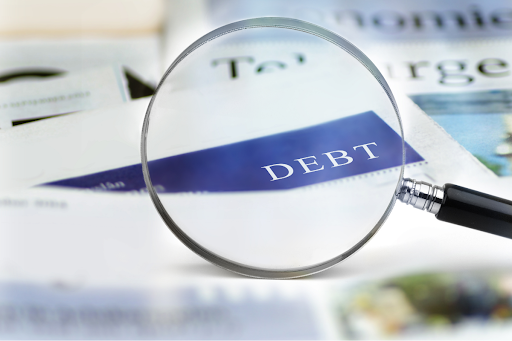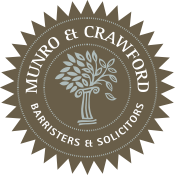
Here are the basics you should know about what happens to your debt after you die.
Who is Responsible for Paying off My Debt?
Many people are concerned about passing their debt onto their family, but this is generally not what happens. If you die with debt, and there is proof of that debt, then the money must come out of your estate before any inheritance is paid out to your beneficiaries. This means that, while your family will not be expected to pay off your debts, they will miss out on inheritance that would otherwise go to them if you were not in debt.
Generally speaking, debt cannot be inherited or passed on to your children or spouse, but there is an exception to this rule if you have a co-signer or joint credit card. In this case, if you die and there is debt associated with the account, your co-signer will be held responsible for paying back the debt.
What if I Have More Debt Than Assets?
If the assets you leave after you die do not cover the full amount of your debt, your estate will become insolvent. Similar to declaring bankruptcy when you are alive, an insolvent estate is one that cannot pay off your debts in full, and your creditors will not receive payment. Your family will not be responsible for paying the outstanding debt, it will simply go unpaid.
Worried About Debt? Let Us Help
If you are concerned that your debt will mean that your loved ones will not receive an inheritance upon your death, speak to our lawyers today. We can help you determine the best solutions and next steps for you.






